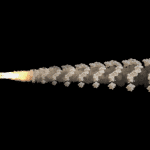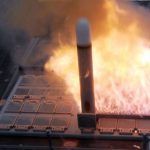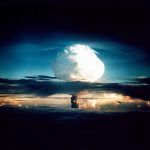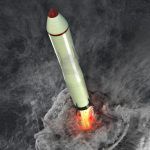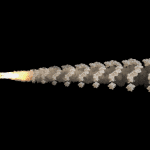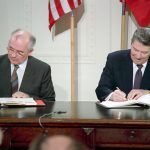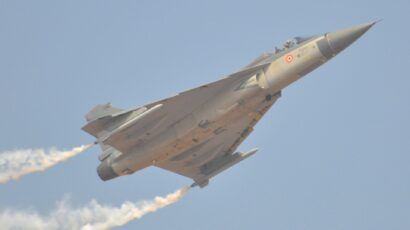The Trump-Putin summit produces little. What can come next?
By Steven Pifer | July 17, 2018
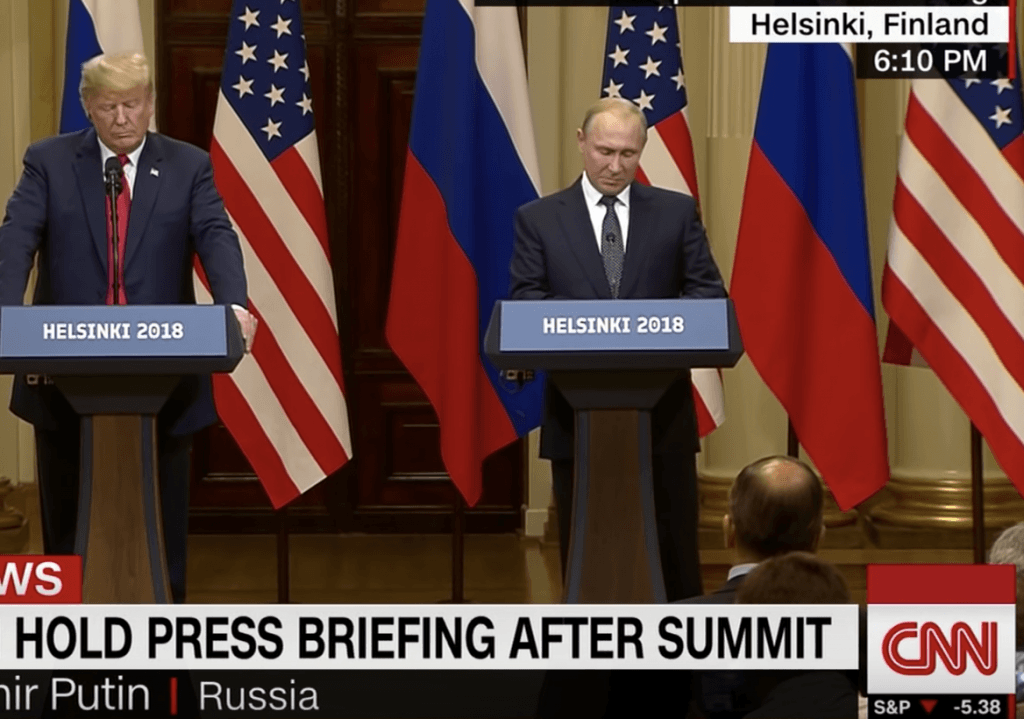
The initial take on the summit between Presidents Trump and Putin does not augur well for US national interests. It is difficult to see how the summit will do much to move US-Russia relations to a better place. The hope, a faint one, is that follow-on discussions between US and Russian officials will begin to untangle some of the thorny problems that have brought the bilateral relationship to its lowest point in 30 years. One such area could and should be nuclear arms control.
Watching the Trump-Putin press conference was painful. With the Russian president standing at his side, Trump pointedly refused to criticize Russian misbehavior, even when asked specifically if he held Moscow responsible for any action that had contributed to the downturn in US-Russia relations. He did not mention Russia’s ongoing aggression against Ukraine. He took, apparently at face value, Putin’s denial of meddling in the US presidential election, despite the considered judgment of his own intelligence community and a growing list of indictments of Russian individuals. And he did not warn Putin against future meddling.
All this matters, because a genuine improvement in the US-Russia relationship will require that Russia adjust at least some of its policies. Unfortunately, nothing we saw in Helsinki will persuade Putin that he needs to make changes. With little apparent costs to interfering in US domestic politics and a U.S. president who seems set on disbelieving that interference took place, why should the Kremlin cease meddling? Likewise, Trump’s silence on Russia’s ongoing conflict with Ukraine in the Donbas region gives Putin no incentive to seek a real settlement.
Helsinki, moreover, took place against the backdrop of Trump’s stops in Brussels and London. In Brussels, he publicly ripped allies on the defense spending issue in a manner that totally overshadowed what was a useful NATO summit communiqué. In London, he publicly undercut Prime Minister May and put the European Union at the front of his list of American foes. As a result, Putin has every temptation to seek to broaden the growing rift between America and Europe, a long-time goal of Russian foreign policy. That will only make it harder to improve US-Russia relations.
With the summit now past, the hope has to be that follow-on discussions between US and Russian officials will tackle the problems that burden the bilateral relationship and, in what will be a slow and painstaking process, find ways to resolve some problems.
One such area is arms control. Here, Putin seemed to open the door, saying that Russia had submitted a note to the American side with specific recommendations in the area of arms control and disarmament. He cited the 2010 New Strategic Arms Reduction Treaty (New START) and implementation questions regarding the 1987 Intermediate-range Nuclear Forces Treaty. Trump mentioned nuclear non-proliferation as a big issue, though he focused his remarks on North Korea.
The United States and Russia are successfully implementing New START, which limits each side to no more than 1,550 deployed strategic warheads on no more than 700 deployed intercontinental ballistic missiles, submarine-launched ballistic missiles and nuclear-capable bombers. The treaty expires in early 2021 but under its terms can be extended by up to five years.
New START extension would be in the American interest. US strategic force plans appear designed to stay within New START’s limits, and the treaty’s data exchanges, notifications and inspections give the sides great transparency regarding the strategic offensive forces of the other—including things that could not be learned otherwise, such as the number of warheads on specific Russian strategic missiles.
Putin has indicated Russian readiness to extend New START. In fact, it could have offered a deliverable for Helsinki—and one that, given the support of the US military, would have insulated Trump against charges of unwarranted concessions to Moscow.
New START extension should be a topic for early summit follow-on discussions. Trump recently has suggested that he is more inclined to consider nuclear arms control, though John Bolton, his new national security advisor, opposed New START in the first place. Hopefully, Bolton’s views will not hold sway on this question.
Some commentators will link New START to the Intermediate-Range Nuclear Forces (INF) Treaty and question whether the United States should extend New START when Russia has violated INF by deploying a prohibited ground-launched cruise missile of intermediate range. (Moscow denies the charge and claims that it is the United States that violated the treaty.)
Those commentators ask: How can the United States extend one treaty when Russia is in violation of another? They have a logic, but the entire nuclear arms control regime is in danger of collapse, which is not in the US interest. US security would be served by extending New START, its limits on Russian strategic forces, and the transparency it provides, even if INF compliance concerns persist. There is an antecedent for this: In the 1980s, the Reagan administration concluded INF and made significant progress on the START I agreement—all while charging the Soviet Union with violating the 1972 Anti-Ballistic Missile Treaty, a violation that Moscow later admitted and corrected.
It is unclear what Putin suggested on INF. It would be useful for the two presidents to task their officials with an intensified effort to resolve the competing charges of violation. Exhibits of the Russian missile in question and of the US missile defense site in Romania (the primary Russian concern) might offer a way forward if Moscow and Washington really wish to preserve the agreement.
Putin also mentioned the “dangerous situation” with regard to US missile defense and the issue of weapons in space. Neither issue would be easy for the US side to address. But it would make sense for the two countries to resume their strategic stability talks and give those talks a broad mandate.
Progress on arms control—even just preserving the existing New START and INF agreements—would strengthen US security. And, as it has in the past, arms control progress might give a positive boost to the broader US-Russia relationship, a relationship that desperately could use such a boost.
Together, we make the world safer.
The Bulletin elevates expert voices above the noise. But as an independent nonprofit organization, our operations depend on the support of readers like you. Help us continue to deliver quality journalism that holds leaders accountable. Your support of our work at any level is important. In return, we promise our coverage will be understandable, influential, vigilant, solution-oriented, and fair-minded. Together we can make a difference.
Share: [addthis tool="addthis_inline_share_toolbox"]

